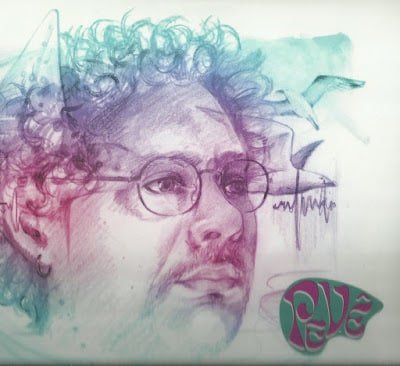Content
This in turn leads to more profound withdrawal symptoms including anxiety, convulsions and neurotoxicity. While some of the symptoms of alcohol withdrawal syndrome are similar to a hangover, they are not the same condition. Alcohol withdrawal syndrome and a hangover have different causes.
Over time, your body adjusts to being alcohol-free, and you won’t experience withdrawal symptoms. If you experience shaking of any kind after drinking or quitting alcohol, seek medical attention as soon as possible. Going through the detox and withdrawal process will likely be safer and more comfortable at a rehab center or medical facility than at a house or another location. If you have a history of heavy drinking and tremors are not stopping on their own, you may be wondering what to take for alcohol shakes.
Codeine Withdrawal Symptoms & Treatment
Other studies should address the clinical significance of kindling and the risk factors for more severe withdrawal (Fiellin et al. 1998). Additional research also is needed to determine the most appropriate treatment settings as well as methods of engaging patients in ongoing relapse prevention efforts. Improved insight into these issues will enable clinicians to improve the efficiency and quality of care for patients who are experiencing or are at risk for withdrawal. Many people who are going through https://ecosoberhouse.com/ alcohol withdrawal are tempted to drink more alcohol as a way of reducing their symptoms. This only deepens the body’s physical dependence on alcohol, and causes more damage in the brain. The only surefire way to stop alcohol tremors is to detox from alcohol and allow your brain to heal and adjust to a safe baseline. Regardless of whether medical care is needed to stop the shakes, it is important to also follow-up for ongoing alcohol treatment after tremors and other withdrawal symptoms pass.
Does drinking water make you less drunk?
Does drinking water with alcohol make you less drunk? It won't make you less drunk, but it will help you be less sick the next day. A big part of a hangover is dehydration, and the rest is alcohol poisoning. Drinking lots of water helps with the dehydration and also helps your body flush out the toxins.
Neurochemical changes occurring during alcohol withdrawal can be minimized with drugs which are used for acute detoxification. With abstinence from alcohol and cross-tolerant drugs these changes in neurochemistry may gradually return towards normal. Adaptations to the NMDA system also occur as a result of repeated alcohol intoxication and are involved in the hyper-excitability of the central nervous system during the alcohol withdrawal syndrome.
Antabuse (Disulfiram) Side Effects
It’s estimated that about 4-5 percent of people undergoing alcohol withdrawal experience the DTs. Those who have been heavy drinkers for many years are most at risk. Even side effects like vomiting and sweating can contribute to dangerous dehydration, which can be deadly. Because of this, detoxification from alcohol should always be done under medical supervision. Baclofen is a muscle relaxant that affects the central nervous system. It is generally prescribed to treat muscle spasticity in those suffering from multiple sclerosis, cerebral palsy, and spinal cord injuries. Although it is not a narcotic, there are still possible side effects, which could be severe.
- These are serious medications, and your doctor likely won’t prescribe them to you in your initial stages, or if you’re taking them outside of an inpatient facility.
- If you experience alcohol shakes, you may be on the path to more dangerous withdrawal symptoms.
- Similarly, many neurotransmitters and mechanisms probably are involved in AW.
- Treatment options for alcohol withdrawal syndrome typically involve supportive care to ease the effect of the symptoms.
- These manifestations result from alcohol-induced imbalances in the brain chemistry that cause excessive neuronal activity if the alcohol is withheld.
- Since alcohol shakes are most often a symptom of withdrawal, it’s obviously encouraged that you abstain from drinking for an extended period of time after experiencing them.
If your tremors are caused by liver disease or brain damage, your treatment plan is less straightforward. Your doctor may provide you with medications or other therapies to restore smooth movement.
Alcohol Use Disorders Identification Test (AUDIT) Screening Tool
Symptoms of alcohol withdrawal include nausea, anxiety, and a fast heart rate. Not every person with ET will experience how to stop alcohol shakes reduced tremors through alcohol use. The decision to drink alcohol is personal, whether a person has ET or not.







